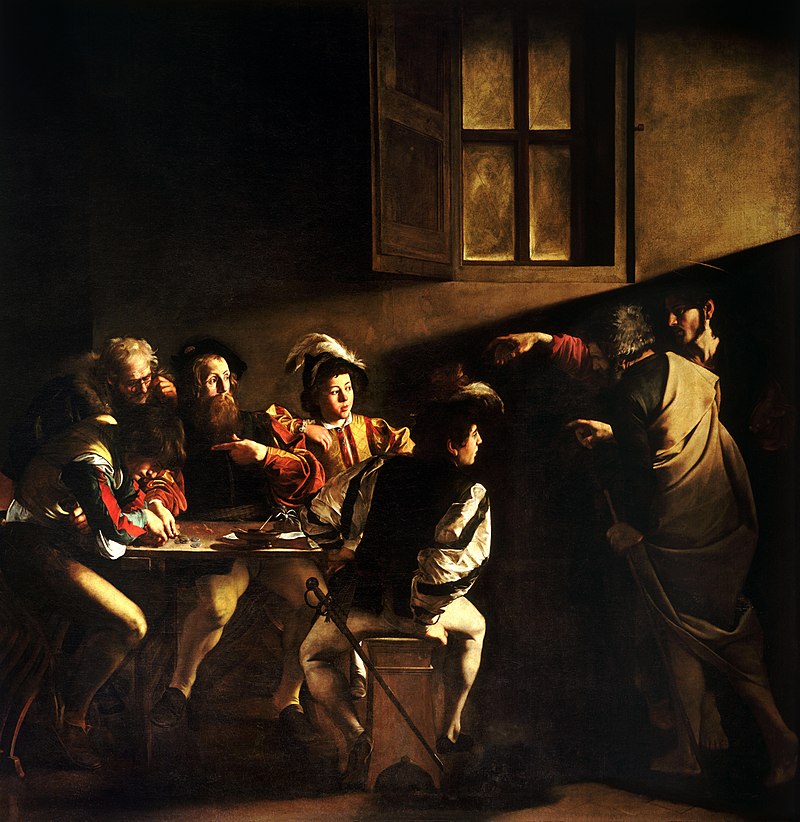“At that very moment he rejoiced in the Holy Spirit and said, “I give you praise, Father, Lord of heaven and earth, for although you have hidden these things from the wise and the learned you have revealed them to the childlike. . . . No one knows who the Son is except the Father, and who the Father is except the Son.”
On hearing from the seventy-two disciples Jesus sent out that even the demons are subject to them, Jesus rejoices. One of the translations from Greek for rejoice is to jump for joy. Jesus acknowledges the power the he has given his disciples through God the Father and the Holy Spirit and quickly adds, “Nevertheless, do not rejoice because the spirits are subject to you, but rejoice because your names are written in heaven.” Because of the power Jesus gives the disciples, they could face Satan and not be harmed and rejoice that he had a place for them in heaven.
God, what is it about childlike faith that brings you more closely into view? It means being able to see you beyond the veil or hear you, as Job did, speaking through the storm. Surely childlike faith does not mean returning to the faith I had as a child; it means returning to a mature faith that is childlike in trusting in your gracious will, in recognizing that you are my God and I am your child. To be childlike means to see beyond the veil what remains hidden to the wise and learned. How often, Lord, I count myself among the wise and the learned? Help me return to you and put that aside so that your Son can rejoice in saying to me: “Blessed are the eyes that see what you see.”
From the Psalms today, we hear “The revelation of your words sheds light, giving understanding to the simple.” And from the refrain: “Lord, let your face shine upon me.” Just as the sun bathes me in light and warms me, let me bask in your love, God. Teach me childlike wisdom and learning, even in the midst of trials so that I can say as Job did: “I know that you can do all things, and that no purpose of yours can be hindered. I have dealt with great things that I do not understand; things too wonderful for me, which I cannot know.”
Glory be to the Father, and to the Son, and to the Holy Spirit. As it was in the beginning, is now, and ever shall be, world without end. Amen.
